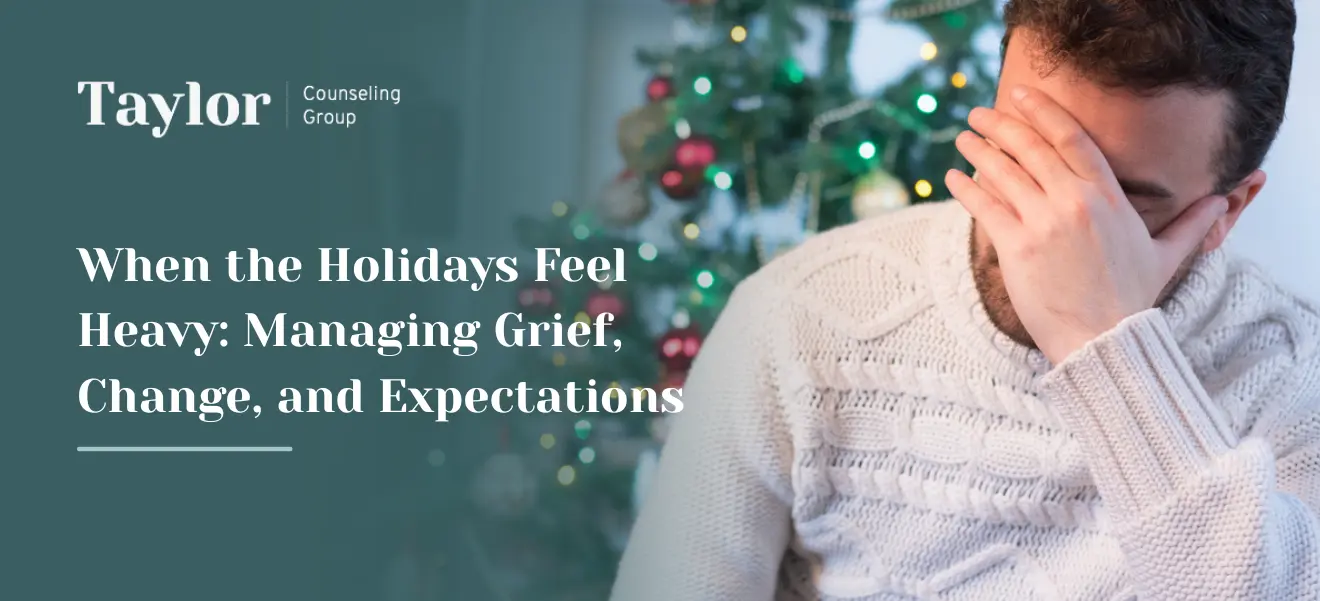In a justice-desiring world, we often don’t have a proper framework for the act of forgiveness. Forgiveness sometimes gets a bad rap as glossing over an offense when actually if done correctly does not condone negative behaviors. Mental health providers define forgiveness as a conscious, deliberate decision to release feelings of resentment or vengeance toward a person or group who has harmed you, regardless of whether they actually deserve your forgiveness. Forgiveness is not condoning or negating any hurtful action done against but rather an action of self-care freeing you of the bondage of anger and negative feelings.
This act of forgiveness is not a one-time deal, but rather an everyday decision to take back the power of your emotions, energy and thoughts. The decision to forgive is a progressive, active mental and emotional shift that will lead to feelings of freedom. If we wait to “feel” like forgiving then we will most likely never start the process. It is in the frustration and struggle of not being able to move on, that people typically decide to relinquish past hurts from the ability to steal joy and hope today.
In her book, Forgive, Let Go, and Live, Deborah Smith Pegues says “Simmering resentment doesn’t strengthen you; it weakens your moral foundation, your ability to be rational and your ability to succeed.” Are you allowing the actions of others to weaken you? Is it time to take back the power over your own life and move toward peace and freedom?






